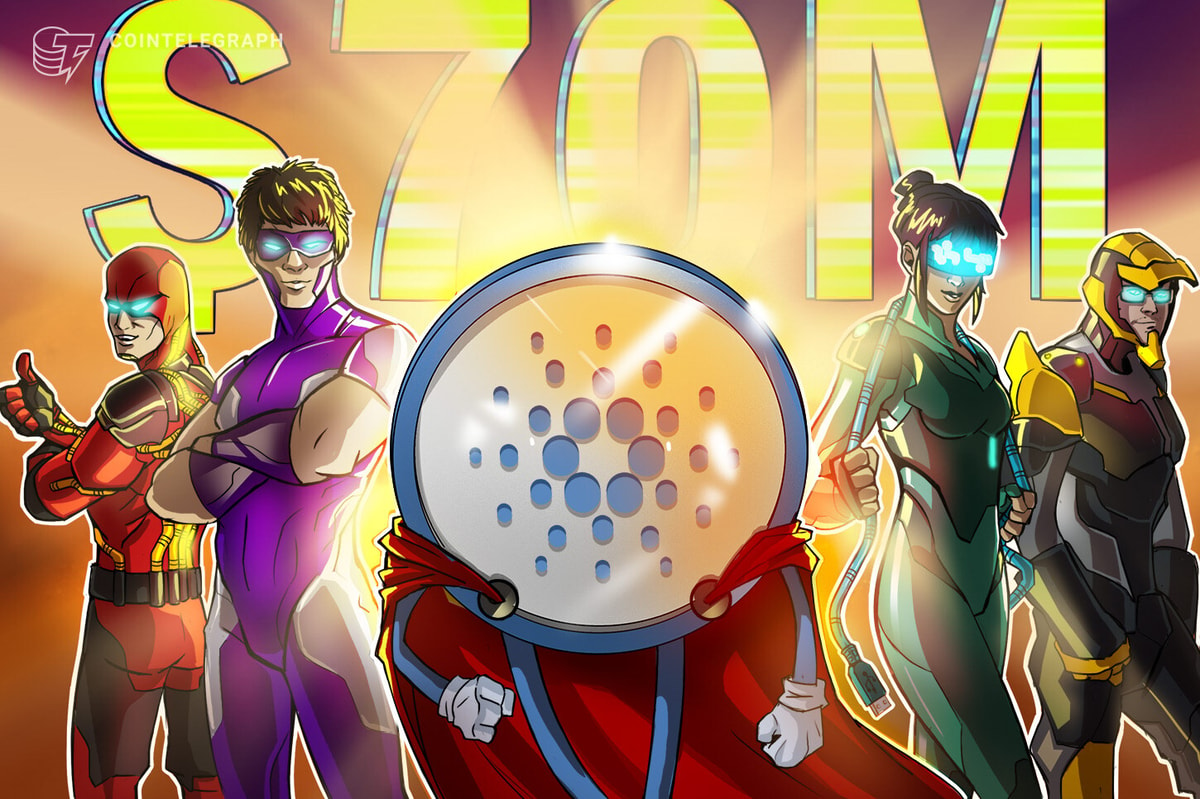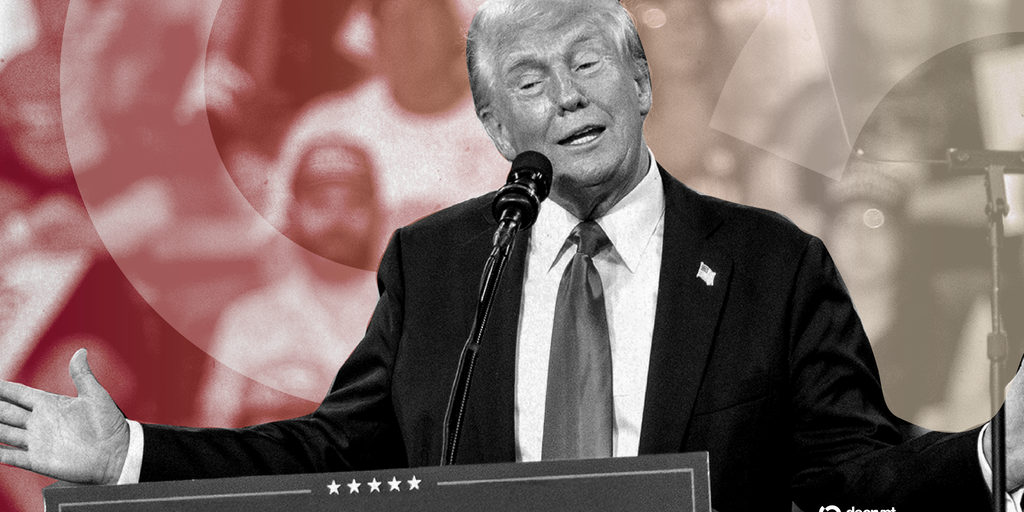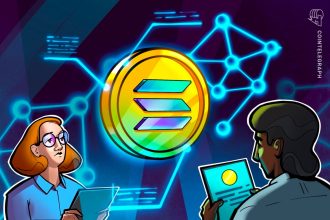Cardano has secured treasury funding approval for a significant network upgrade, receiving 96 million ADA (worth approximately $71 million) for a 12-month development plan focused on scalability, interoperability, and improving the developer experience.
The funding proposal, submitted by Cardano’s core development team behind Input Output Global (IOG), was overwhelmingly approved by the Cardano treasury governance system, gaining support from 200 votes representing 74% in favor, with just six opposed and seven abstaining.
Funding Milestones and Oversight
The funding, disbursed as agreed milestones are reached, will be administered by Cardano member organization Intersect, providing independent oversight. IOG confirmed implementation via smart contracts and a dedicated committee, alongside a commitment to publish regular progress reports, including monthly timesheets and quarterly budget breakdowns.
Key Upgrade Focus Areas
The approved plan incorporates several critical projects:
- Hydra: A layer-2 scaling solution aiming for faster, low-cost transactions.
- Project Acropolis: A modular node re-architecture intended to enhance flexibility and simplify developer onboarding.
The initiative also targets optimizations for stake pool operators (reducing resource usage, lowering costs) and foundational work for advanced smart contracts and interoperability capabilities. Current network stats indicate a block time of 20 seconds and an average transaction cost of 0.34 ADA.
Community Concerns Remain
Despite the approval, the community raised concerns prior to the vote, particularly regarding funding cost, expenditure transparency, fund usage, and developer team accountability.
Tim Harrison, IOG’s community and ecosystem VP, noted this would be the first instance of community authorization directly funding core Cardano development. A competing proposal from Cardano’s Technical Steering Committee was not endorsed by Intersect.
Competitive Blockchain Upgrades
Cardano joins other leading blockchains this year in implementing network upgrades. Notable examples include:
- Solana increasing its block capacity limit.
- Ethereum raising its gas limit and implementing Pectra hard fork updates (with a future Fusaka upgrade).












